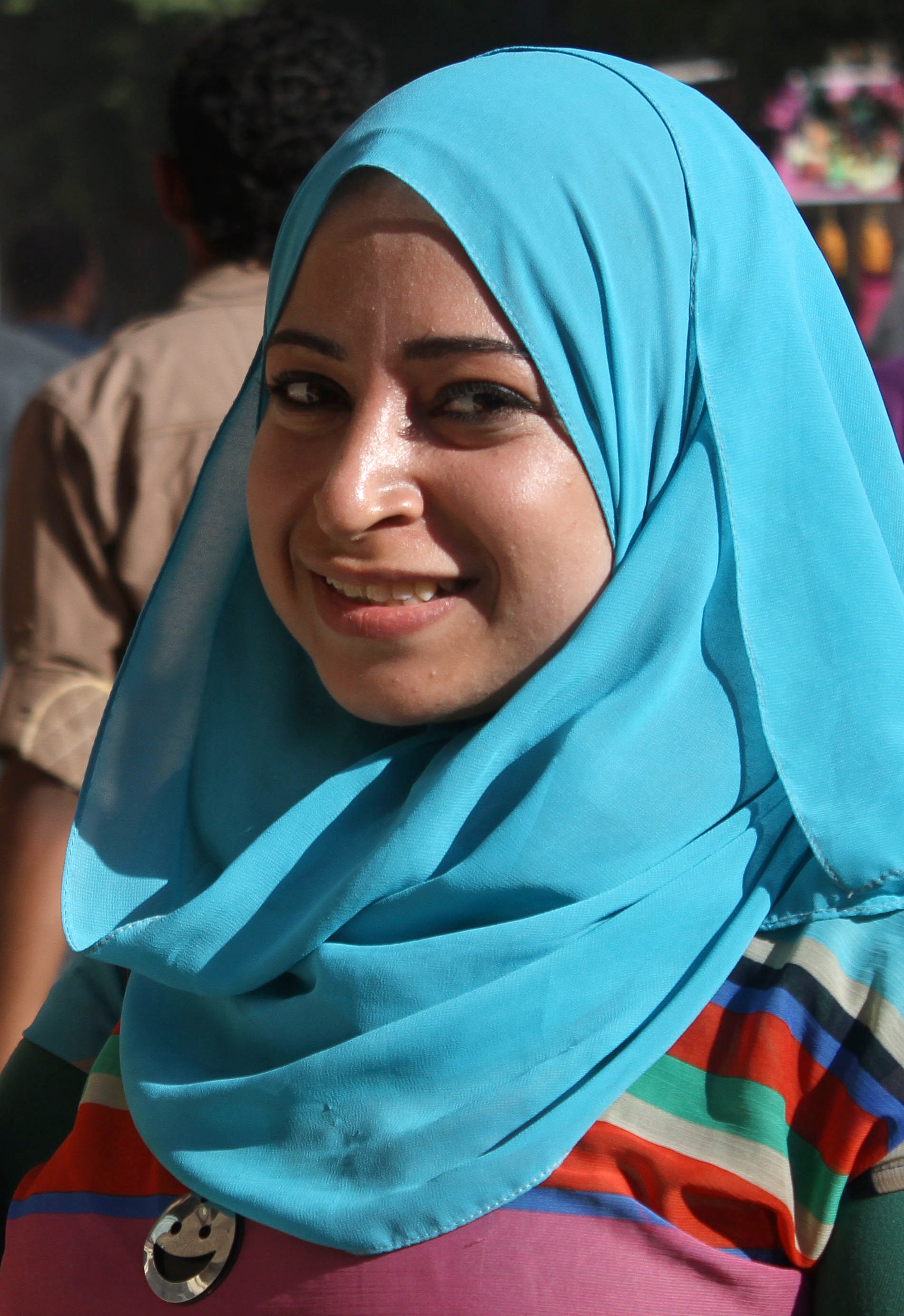In an unforgettable evening dominated by a rare, lingering spiritual ambiance, celebrated Mugham singer and UNESCO’s International Music Prize winner, Alim Qasimov from Azerbaijan, gave his first public performance in Cairo last week.
A friend and I, fortunate to have found ourselves the last two available tickets, slipped in and sat down amid a crowd of mainly Cairenes, who were gathered for the opening of the bi-annual Spring Festival at the Arabic Music Institute, Downtown.
Mugham is a highly complex music form from Azerbaijan. It finds balance beyond binaries; it functions within a structured code of rules manifested in the musical improvisation of the final outcome. Azeri, Persian or Arabic poems shape the lyrical basis with a powerful, emotional clout.
There is something quite majestic in Qasimov’s method, something graceful in the humor exhibited the moment he ascended the stage. Wearing an embroidered two-toned red and gold jacket, a dash of playful exuberance lit up his warm face. Two musicians from his ensemble playing the tar (lute) and the kamanche (violin) framed him as he reclined between them in the middle of the stage with his percussion instruments.
Acclaimed for his popular interpretations of Mugham, Qasimov’s powerful voice challenges any preconceived classifications of the nuances of this traditional art practice. His singing seems to suggest that the voice must constantly contest the musical form, that the body must similarly negotiate emotional meaning in every moment of music-making.
Through his first solo of the night, and throughout his duets with his daughter, his body moved to create a tension that occasionally distracted from the echoing power of his voice. His emotions were at once contained via the mastery and calculated articulation of his music, but also let loose to allow the audience to tap into them, transferring it to them to taste and experience. He left the stage following the opening song, allowing his daughter Ferghana Qasimova to take over. She settled down, surrounding herself with layers of her shimmering red skirt, and as she casually fanned herself with her percussion, she let out a sigh into the microphone.
A few minutes after she started to sing – one palm to her ear, her other arm stretched out, my friend reached over and slid the pen and paper I had out my grip. “Good luck trying to describe her voice, he scribbled. I looked over to find him stretching back on his seat. He had closed his eyes to this world and opened up to the trance of a different one. When I looked over a little bit later, it was as if he was no longer by my side.
The note he wrote warned well, for I find I have no intelligible way to faithfully describe that voice. In that moment though, we sensed every inch of every musical thrust rising from the depths of the singer’s stomach, enveloping us with near-deafening splendour.
In my present efforts to evoke the strength contained in those quivers, to explain the tension taut in those tremors, I find myself struggling. My language stumbles, trips over itself, falls short, and eventually fails.
Ferghana’s singing made for an indescribable kind of beauty.
After the end of the two solos, a string of powerful duets began. Father and daughter sang together and the demands they required were not only on each other, but also on their transfixed listeners who were compelled by the emotionality they infused into the auditorium air.
And if there were anything I wished were different that night, it would be my own positioning relative to the performance – so consumed was I with the creation of commentary in my head and the analysis of the aesthetics of an art that could only be appreciated and understood on an ethereal emotional level. My own folly aside, the conversations in the corridors leading out back into the streets of the capital, suggested sentiments of serious satisfaction, expressed in appreciation of a spiritually elevating encounter.

